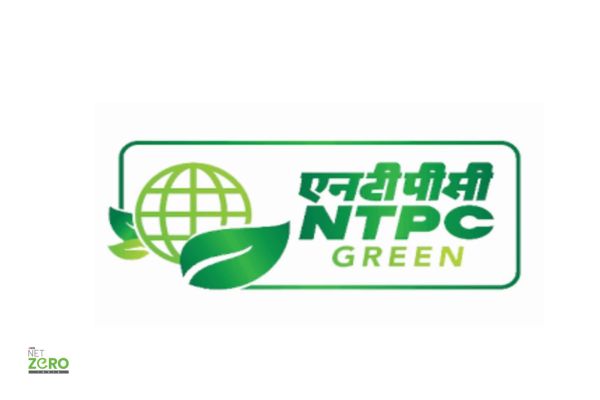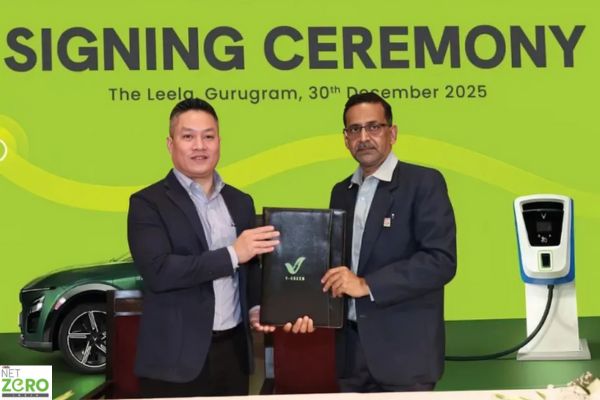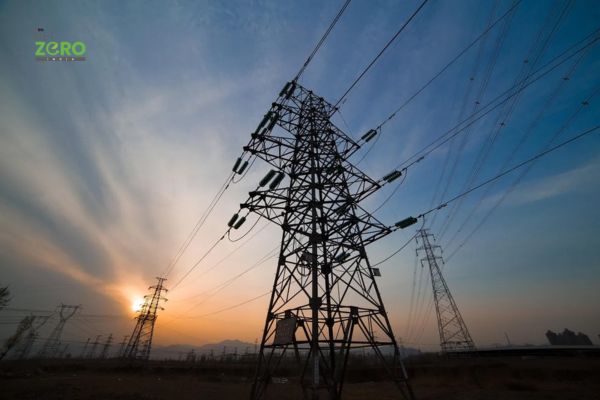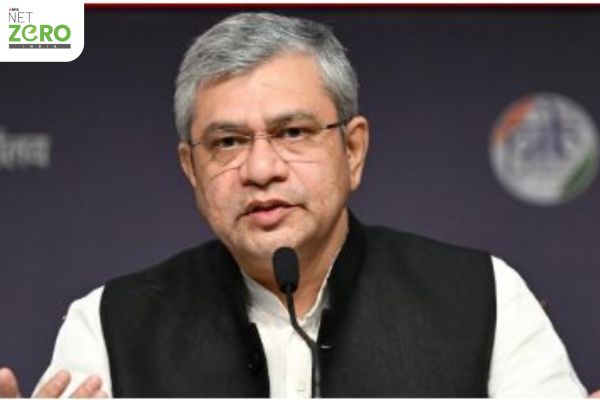
India has taken a decisive step toward electrifying its transportation sector with the release of a pivotal report by NITI Aayog titled Unlocking a $200 Billion Opportunity: Electric Vehicles in India. Unveiled on August 4th by Member Rajiv Gauba, the document outlines a comprehensive framework designed to fast‑track the nation’s transition to electric mobility.
Addressing an assembly of high-ranking officials, including NITI Aayog CEO B. V. R. Subrahmanyam, Secretary of Heavy Industries Kamran Rizvi, distinguished fellow O. P. Agarwal, and E‑Mobility Programme Director Sudhendu Sinha, Mr. Gauba emphasised that India now stands on the threshold of a transformational shift toward cleaner, more sustainable transport.
The report assesses India’s current electric vehicle (EV) landscape, noting that EV sales have surged sharply, rising from a modest base of 50,000 units in 2016 to approximately 2.08 million in 2024. While global EV sales soared from 918,000 to nearly 18.78 million in the same period, India’s EV penetration has improved considerably, from only one‑fifth of the global level in 2020 to over two‑fifths in 2024. Yet, despite this encouraging momentum, the country remains distant from its lofty target of achieving a 30 per cent share of EVs in total vehicle sales by 2030.
Prepared following extensive consultations with diverse stakeholders, including vehicle manufacturers, battery and charging infrastructure developers, utilities, and financial institutions, the report diagnoses the key barriers impeding EV adoption. Major challenges include limited financing options for heavy‑duty EVs, weak charging infrastructure both in availability and utilisation, gaps in data and regulatory frameworks, and constrained public awareness around EV performance.
To address these barriers, the report advocates a suite of strategic interventions built around five key accelerators:
- Transitioning from subsidies to a combination of incentives alongside carefully calibrated mandates and disincentives to signal stronger market shifts.
- Prioritising high‑usage fleet segments—such as buses, urban freight vehicles, and dense‑city public transport—for initial EV saturation efforts.
- Developing a blended financing instrument to lower capital costs for e‑buses and e‑trucks, thus easing adoption constraints.
- Establishing clear, time‑bound national EV policy with measurable targets and corresponding enforcement mechanisms.
- Expanding electric mobility zones, initially targeting a set of cities to achieve full EV saturation in public transport and commercial fleets, while coordinating institutional efforts at the national level.
B. V. R. Subrahmanyam reaffirmed that NITI Aayog “has been at the forefront of enabling the ongoing EV revolution,” praising the report’s practical and data‑driven vision to accelerate India’s EV journey.
The report also highlights the vast economic promise of electric mobility, estimating that the sector could unlock a staggering $200 billion in market opportunity, while strengthening energy security, reducing emissions, and nurturing a robust domestic EV manufacturing ecosystem.
As India accelerates toward its 2030 EV goals, this report provides a strategic blueprint, combining regulation, finance, infrastructure, and sectoral focus, to ignite the next wave of sustainable, high‑impact growth in electric mobility.
Be a part of Elets Collaborative Initiatives. Join Us for Upcoming Events and explore business opportunities. Like us on Facebook , connect with us on LinkedIn and follow us on Twitter, Instagram.
"Exciting news! Elets technomedia is now on WhatsApp Channels Subscribe today by clicking the link and stay updated with the latest insights!" Click here!













